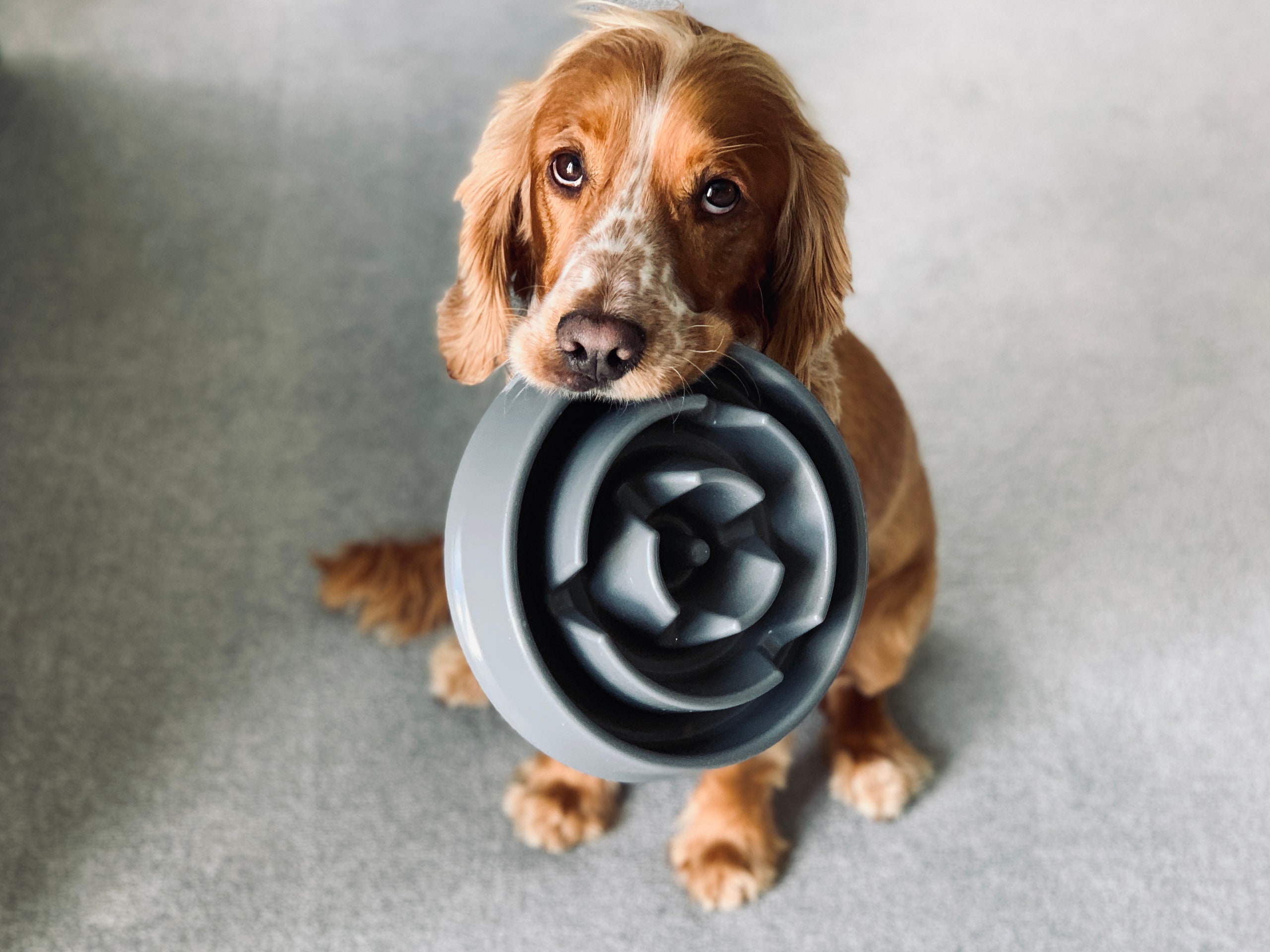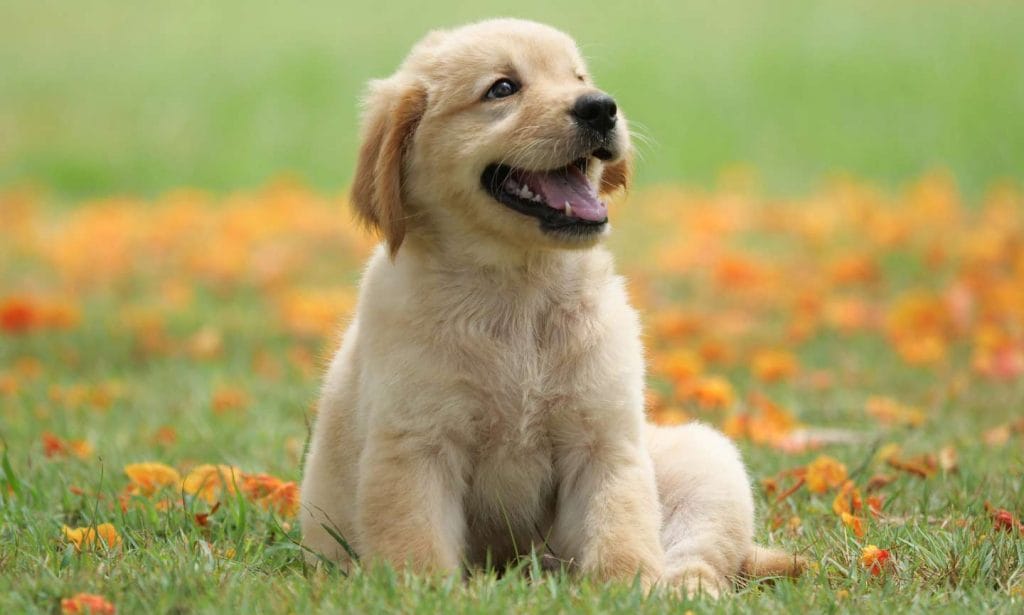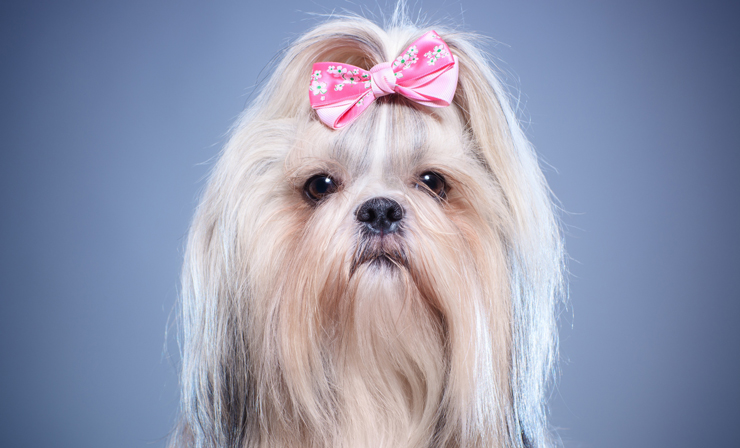
Bulldogs are a British-breed dog. It is a medium-sized, hefty dog with a mastiff-like face and nose. This dog is known for being intelligent and loyal. You will need to learn some important information about the Bulldog before you consider getting one as your pet.
Historical background
Bulldogs were small dogs that used to be companions for humans and animals. Dogfighting increased their size, and they were forced to protect livestock. They became more large and were eventually bred with terriers. This breed eventually became known as the English bulldog. This breed has been around for centuries, and its history goes back to the ancient times.
Bullbaiting is now a rare breed. However, bulldogs were once bred for their aggressiveness and power. These dogs were bred with heavy muscling, a strong chest, and a robust skeleton. Although this made them great for baiting bulls it also brought about a few serious health problems.
Characteristics
Bulldogs have some desirable traits that make them desirable pets. They aren't loud but can wheeze, snore, and drool. They shed a little and require minimal maintenance. They require very little grooming because of their short hair. However, it is important to keep the wrinkles off their faces clean.

In its original form, the Bulldog was bred as a bull-baiting dog. Bullbaiting was banned by England in the nineteenth-century. As a result, bullbaiting bred aggressive dogs. English bulldogs were bred then for their friendly nature.
Health problems
Bulldogs may have health problems. These could include allergies, skin conditions, or problems with the internal organs. Many of these problems can be managed with medication. It is important to contact a veterinarian if you suspect that your Bulldog may be suffering from any of the above conditions. French Bulldogs are most susceptible to skin allergies. There are many factors that can cause skin allergies, including food intolerances, parasites, and environmental factors. These conditions can cause wrinkly skin, which can lead to infections.
Tear stains can also be a problem for Bulldogs. Tear staining can be a sign that the tear duct is inflamed, which causes the eyes to not drain properly. These stains can be removed with a simple eye wash, but the residue can harbor bacteria and yeast that can lead to infections. Tear staining may be due to genetics, allergies, or infected eyes.
Type of body
Bulldogs are muscular and strong. It has a muscular head and shoulders. The back is slightly arched. It has a thick, well-defined tail. Its legs, which are very short and stocky, have good muscle definition. They have a solid stance thanks to their legs.
The Bulldog body type can be quite imposing, but there are advantages and disadvantages. They require moderate exercise. English Bulldogs do NOT require a yard. Their size will vary depending on which body type they are.
Water sensitivities

Bulldog water sensitivity is a condition in which a bulldog becomes sensitive to water. Many factors can lead to this condition. Dry skin is the most common symptom. Bulldogs can scratch excessively due to dry skin. Lack of moisture can cause skin to dry out and become infected. This can lead to yeast infections or hot spots.
Damaged teeth pain is another cause of water sensitivity. Your dog might refuse to drink water in these cases. Water refusal can also be caused by anxiety, separation anxiety, or other psychological issues.
FAQ
How can I tell if my dog has fleas
Your pet may be suffering from fleas if he/she is constantly scratching his fur, licking himself excessively, or looks dull and untidy.
Flea infestations can also be detected if your pet shows any redness.
Take your pet to the veterinarian as soon as you can for treatment.
Which pet is your favorite?
The best pet you can have is the one you love. There is no correct answer. Each person will have his or her own opinion on which pet is best.
Some believe cats are more intelligent than dogs. Others believe dogs are more loyal, loving, and affectionate. Some argue that birds are the best pet.
Regardless of the type of pet that you decide to get, it is important that you determine what type of pet best suits you.
For instance, if you're outgoing and friendly, then a dog would be perfect for you. A cat or dog would be the best for you, if you are shy and reserved.
Also, take into account the size your house or apartment. A smaller apartment means you'll need a less large pet. On the other hand, a large house means that you'll need more space.
Remember that pets need lots of attention. Pets need to be fed frequently. They need to be taken for walks. They must be brushed regularly.
These are the things that will help you choose the right pet for you.
Should I get a puppy or a kitten?
Your personality will determine the answer to this question. Some people prefer puppies while others like kittens.
However, puppies tend be more active and playful. Kittens tend to be very gentle and sleep a lot.
Both breeds of animal require constant attention from their owners. They will grow up quickly and need a lot of care.
They will also need to be checked on a regular basis. Also, they will require regular medical checkups so you'll have to spend time taking them to see the vet.
Statistics
- It's among a relatively few companies that provide policies with a full (100%) coverage option, meaning you are not responsible for any co-payment of bills. (money.com)
- * Monthly costs are for a 1-year-old female mixed-breed dog and a male domestic shorthair cat less than a year old, respectively, in excellent health residing in Texas, with a $500 annual deductible, $5,000 annual benefit limit, and 90% reimbursement rate. (usnews.com)
- A 5% affiliation discount may apply to individuals who belong to select military, law enforcement, and service animal training organizations that have a relationship with Nationwide. (usnews.com)
- Reimbursement rates vary by insurer, but common rates range from 60% to 100% of your veterinary bill. (usnews.com)
- Here's a sobering reality: when you add up vaccinations, health exams, heartworm medications, litter, collars and leashes, food, and grooming, you can expect a bill of at least $1,000 a year, according to SSPCA. (bustle.com)
External Links
How To
The best way to teach a dog where he should go to urinate
It's essential to show your pet how they should use the toilet. It's crucial that you know how to train your pet to go outside. These are some things to remember when teaching your dog how to properly use the toilet.
-
Training should be started early. Start training now if you don't want to have any accidents in playtime.
-
Give your pet food rewards. It will increase your chances of success if you reward your pet for each successful trip to a potty.
-
Keep treats away from the area where your pooch pees. This could lead to your dog identifying urine smell as his favorite treat.
-
Make sure there isn't another animal around before letting your dog out. Dogs may be influenced by the behavior of others who relieve themselves.
-
Be patient. Sometimes it might take your puppy longer to understand things than an adult.
-
Before you allow your dog to use the bathroom, be sure she has a good sniff of everything. She'll learn faster if she gets a chance to familiarize herself with the scent of the toilet first.
-
While you are taking care of business, don't allow your dog to stand near the toilet. This could cause confusion.
-
When you finish, wipe down the seat and the floor around the toilet. These areas will be a reminder of what you should do in the future.
-
You must immediately clean up any mess. Make sure your dog is completely clean after an accident. You might have to give him another chance at relieving himself.